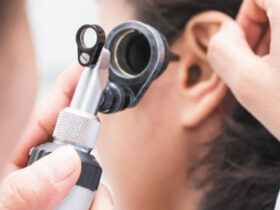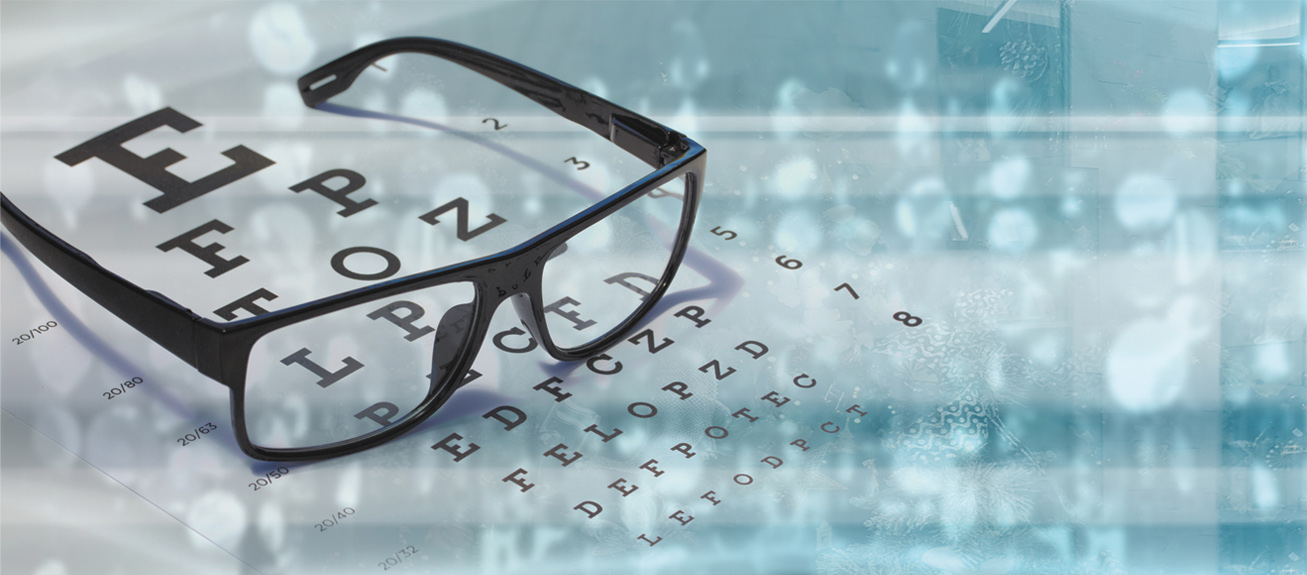
Implantable medical devices aimed at monitoring and treating heart-related conditions are not new, but these technologies play a crucial role in enhancing patient care, providing real-time data to healthcare professionals, and improving overall outcomes for patients with cardiovascular issues. There are many avenues a patient would want to investigate with their cardiologist that may improve their overall cardiovascular outcome and life expectancy.
Once a device is selected and implanted, it continuously collects information about the heart’s rhythm. This information may be transmitted wirelessly to a cardiac device team either automatically, through prescheduled transmissions, or manually, when a patient experiences symptoms. For some devices, remote monitoring provides a designated cardiac team data concerning the heart’s electrical activity as needed, without requiring a doctor’s visit.
According to David Buck, DO, FACC, a nuclear cardiologist with Bradenton Cardiology Center (BCC), the device implanted would depend on the latest guidelines from the American College of Cardiology, current research, and the symptoms the patient is experiencing.
For rhythm control, there are devices that monitor the heart rate. Pacemakers are a small battery-operated device implanted in the chest that send electrical impulses to the heart to maintain a steady beat. These devices are the most well-known for controlling cardiovascular conditions. Today, modern pacemakers come with the ability to be responsive to one’s heart rate, allowing it to adjust to the heart rate and activity level of a person so the device can function at optimal levels.
Recovery time varies for every device, but for pacemakers, a patient is looking at four to eight weeks, with no extreme movements of their arm, or lifting of heavy items. “I have seen a variety of treatment plans based on personal preference, research, and what the patient needs,” says Dr. Buck.
When the heart beats much faster or in an irregular pattern, an Implantable Cardioverter Defibrillator, or ICD, can send an electrical shock to the heart and bring the rhythm back to normal. This is crucial for patients at risk of life-threatening arrhythmias. Some devices have wires which are implanted into the heart tissue that can deliver electrical shocks and others incorporate leadless devices that remove traditional electrode wires and reduce the risk for complications.
To support the heart and blood circulation, the Left Ventricular Assist Device or LVAD, is chosen when an individual’s left ventricle can’t pump enough blood to the body on its own. Typically, LVAD is used for patients on the heart transplant list who have advanced heart failure, where the heart may deteriorate and become unable to pump enough blood to sustain life. This battery-powered device can also be used in patients with end-stage heart failure where transplantation is not an option.
Because these devices are all battery-powered, patients do need to be aware of their activity levels and what role the device performs. “There is a huge range, and the reason for that depends on what the patient is doing,” says Dr. Buck. “There are devices that are used if they go into heart block or slow heart rates, those devices that purposefully resync a patient’s heart, all the way up to pacemaker dependent.” A battery typically lasts about eight years, but it can be as short as five years and as long as 10 years, and they can be replaced in about an hour through same-day surgery.
Many of these implantable devices now come equipped with remote monitoring, which allows the cardiac or healthcare team to access real-time data and make treatment plans and adjustments to those plans without the need for in-person visits to the doctor’s office. This can prove beneficial for patients living in remote areas or have mobility issues. Overall, these implantable medical devices not only improve patient outcomes and quality of care, but also contribute to a more personalized and proactive approach to cardiovascular care.
If you are experiencing chest pains, call 9-1-1 immediately.
*Some information gathered from the American Heart Association (heart.org).
Dr. David Buck
To make an appointment with Bradenton Cardiology Center, please call 941-748-2277.
Bradenton Cardiology Center is affiliated with Manatee Memorial Hospital.
manateememorial.com | 941-746-5111
Physicians are on the medical staff of Manatee Memorial Hospital but, with limited exceptions, are independent practitioners who are not employees or agents of Manatee Memorial Hospital. The hospital shall not be liable for actions or treatments provided by physicians. For language assistance, disability accommodations and the nondiscrimination notice, visit our websites.










